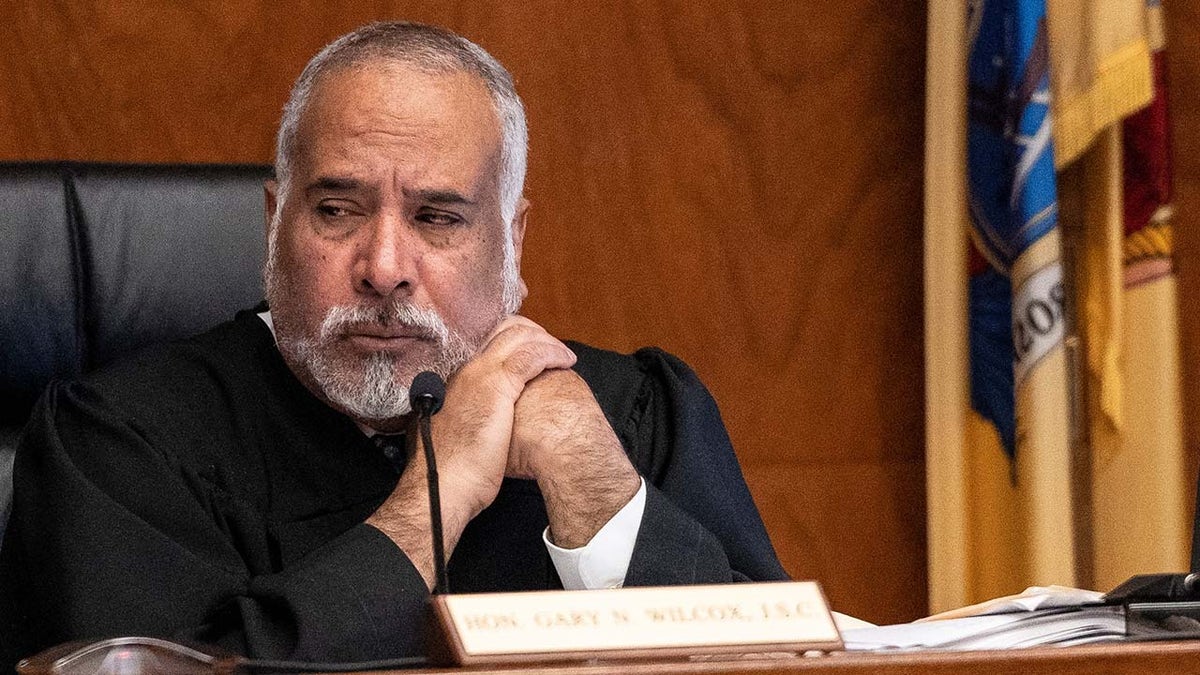West Virginia Governor Patrick Morrisey emphasized the importance of American energy dominance and technological advancement, particularly in the face of competition from China. In a recent interview, he highlighted the continued relevance of coal as an affordable, reliable, and readily available energy source, crucial for the U.S. to maintain its competitive edge.
Morrisey stressed the need for the U.S. to keep pace with China's advancements in both energy and artificial intelligence. He expressed optimism about the future of coal, particularly in light of the escalating technological competition with China. He believes that coal remains a vital component of the energy mix, alongside nuclear energy and natural gas, and that increasing the capacity of existing coal-fired power plants is essential for national security and economic competitiveness.

The governor aims to revitalize West Virginia's coal industry, bringing it back to a higher production capacity. While West Virginia's coal production has seen a decline from its peak, it remains a significant producer nationally, second only to Wyoming. Morrisey highlighted the state's rich natural resources, including coal, natural gas, and water, and emphasized the importance of streamlining permitting processes to capitalize on these resources.

Beyond energy, Morrisey also addressed the importance of technological development, particularly in the field of AI. He plans to build upon previous efforts to attract high-tech companies and jobs to West Virginia, fostering a skilled workforce capable of competing in the global tech landscape. He expressed his support for deregulation and emphasized the need for collaboration between state and federal governments to achieve these goals.

Finally, Morrisey discussed his efforts to address illegal immigration and the drug crisis, highlighting an executive order aimed at identifying and deporting illegal immigrants in West Virginia. He linked this to efforts to combat drug overdose deaths, which are disproportionately high in the state, and emphasized the importance of collaboration with federal authorities to address these complex issues.








